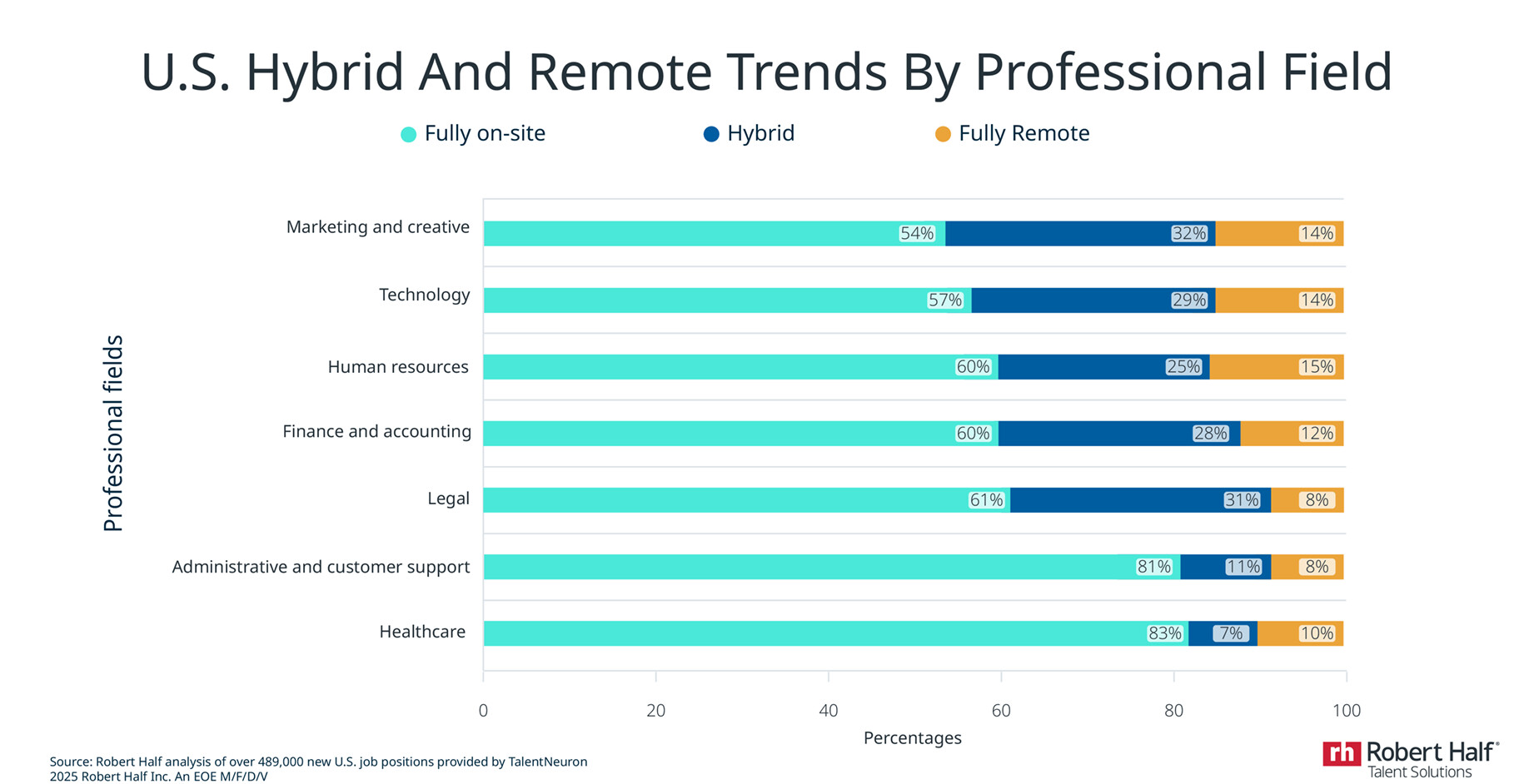Court’s Remote Work Ruling Backs Employers

Return-to-office mandates are becoming more common—and more enforceable—since a recent state court ruling reaffirmed a company’s authority to require that employees work from their desks.
In Castelino v. Whitman, Breed, Abbott & Morgan, the Connecticut Appellate Court ruled that employers don’t have to accommodate requests for full-time remote work if those arrangements would eliminate essential job functions.
According to legal experts, the July decision is the first appellate-level guidance in Connecticut on remote work accommodation requests following the pandemic.
It also gives guidance on issues where disability law and workplace flexibility overlap.
The Case
In June 2020, Marita Castelino, an administrative assistant at a Greenwich law firm, requested to work exclusively from home after learning COVID-19 testing was being conducted in her office building.
Castelino, who has diabetes and asthma, said she was told her position was “fully remote.”
Her employer denied the accommodation request, stating the role required some essential, in-person tasks.
Castelino was terminated two months later for performance issues.
Her lawsuit claimed disability discrimination, failure to accommodate, and retaliation.
Her employer denied the accommodation request, stating the role was “mostly” remote, but required some essential, in-person tasks such as finding physical files, obtaining signatures, and notarizing documents.
What Is Essential?
The Appellate Court affirmed a trial court decision in the law firm’s favor, ruling that working entirely remotely “was not a reasonable accommodation request, as a matter of law, because that accommodation would have eliminated an essential function of her job.”
Overall, the judges emphasized that employers deserve considerable deference in determining what functions are essential to specific roles.
Judges emphasized that employers deserve considerable deference in determining what functions are essential.
“This decision highlights the difference between a policy versus a request for an accommodation under Connecticut statute or the Americans with Disabilities Act,” Cindy Cieslak, a partner with law firm Rose Kallor, told the Hartford Business Journal.
“It also highlights the distinction between an employee’s preference to work from home versus an employer’s obligation to grant a reasonable accommodation.”
CBIA human resources counsel Diane Mokriski said “it was reassuring to see the appellate court confirm that ultimately, it’s up to an employer to determine the essential functions of a job—and in-person work may be one of those essential functions.”
Managing Accomodation Requests
Mokriski noted that since the pandemic, it’s become more common for workers to tell their employers that they require an accommodation in the form of remote work.
“But I’ve found that many employers forget that, in order to be entitled to a reasonable accommodation, an employee must first be disabled,” she said.
“I remind employers to talk to their employees, determine how the worker is disabled—if at all—and then move to a discussion about potential accommodations.

“Good offer letters and job descriptions are key. If in-person work is an essential function of the job, say so in writing.”
Data from Placer.ai’s Nationwide Office Building Index shows that employee office visits rose 10.7% in July, compared to a year ago. But although office visits reached their highest point since early 2020, they were still 21.8% below July 2019 levels.
National staffing firm Robert Half reports that 53% of companies now require employees to work in the office at least three days a week, up from 37% the year prior.
RELATED
EXPLORE BY CATEGORY
Stay Connected with CBIA News Digests
The latest news and information delivered directly to your inbox.



